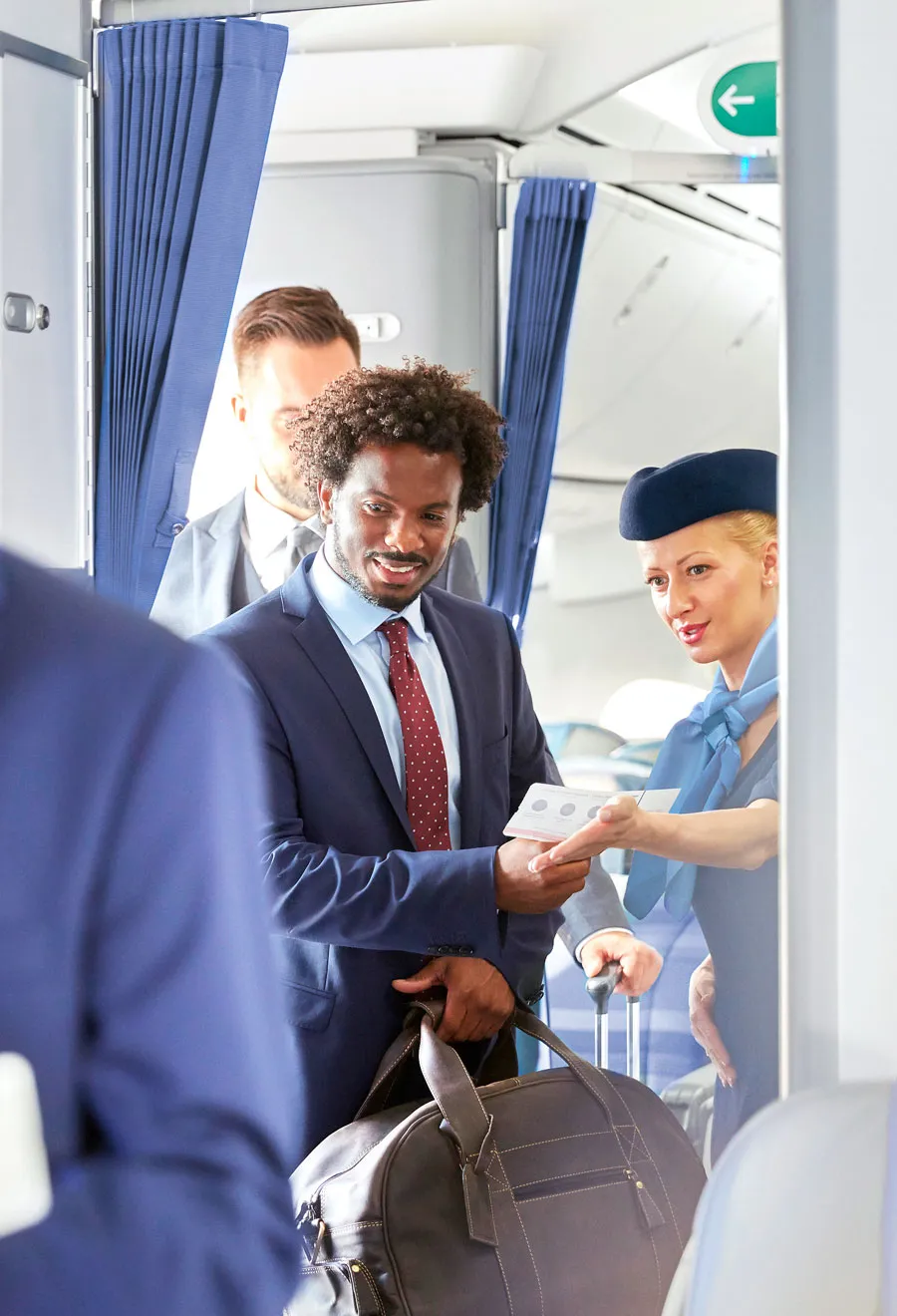Anyone who’s flown on an airplane at least a few times is probably familiar with the basic rules and regulations of air travel: Arrive at the airport at least two hours before your flight, keep carry-on liquids to 3.4 ounces or less, make sure your bags don’t weigh more than 50 pounds, and don’t try to cut the boarding line to board before your group is called. But there are also a few lesser-known — and sometimes downright bizarre — airplane policies that only frequent flyers and industry insiders are clued into. Discover seven weird airline rules you probably didn’t know existed.
Pilots Can’t Chit-Chat Below 10,000 Feet

Ever heard of the “Sterile Cockpit Rule”? The FAA introduced a regulation in 1981 that forbids pilots from engaging in any nonessential conversation during critical phases of flight, particularly below 10,000 feet. That makes perfect sense, considering pilots have a lot on their plates — and even more so right after takeoff and during descent. The rule was implemented after a series of accidents that investigations later revealed were due to pilots being distracted by conversation.
Certain Seats Are Off-Limits
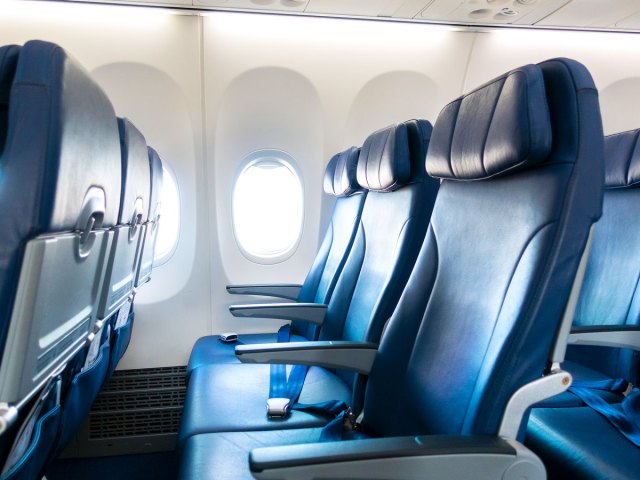
Airlines are businesses, and ideally they want to fill every available seat on every flight to maximize profits. So how do you explain a seat blocked with a “Do Not Occupy” sign? In some cases, that could be due to a broken or malfunctioning seat, but on Croatia Airlines, seat 31E at the back of the airline’s Airbus A220 aircraft must remain empty on every flight due to safety regulations.
Interestingly, the European Union Aviation Safety Agency (EASA) has certified that model for only 149 seats, while Croatia Airlines has outfitted theirs with 150 seats. In order for that seat to be sold, the airline would need to go through a costly process to add additional overwing exits, so it decided to keep it empty instead.
You Can Be Denied Boarding for Smelling Bad
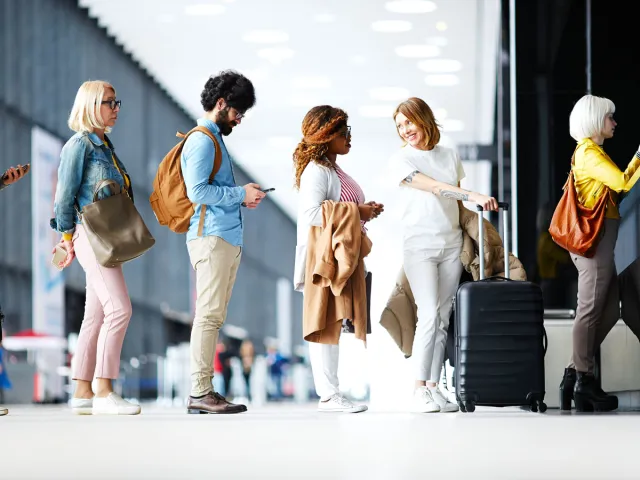
Whenever you purchase an airline ticket, you are agreeing to the airline’s contract of carriage — a legal contract between the company and you, the passenger. You can find this on the airline’s website, but most of us have probably never read one through front to back. So, a few rules may come as a surprise. One is that airlines can technically deny boarding for poor hygiene. For example, in Delta’s contract of carriage, it states that the airline “may refuse to transport or remove passengers from its aircraft… when the passenger’s conduct, attire, hygiene, or odor creates an unreasonable risk of offense or annoyance to other passengers.”
“No Smoking” Signs Still Have To Function
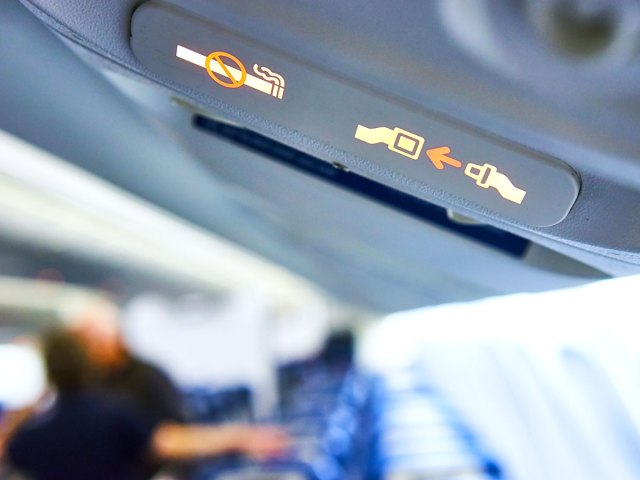
It’s been 25 years since in-flight smoking was fully banned in the United States, so many people were left scratching their heads when, in early 2024, United Airlines temporarily grounded its newly delivered Airbus A321neo planes because the “No Smoking” signs couldn’t be switched on or off.
A (perhaps outdated) 1990 FAA regulation stipulates that flight crews must be able to manually adjust these signs in order for an aircraft to be airworthy, unless the agency approves an exemption. However, United’s previously approved exemption didn’t specifically list the Airbus A321neo model, which it introduced in 2023. The issue was quickly rectified, and the planes are back in service with the no-smoking signs illuminated at all times.
Flight Attendants Often Don’t Get Paid During Boarding
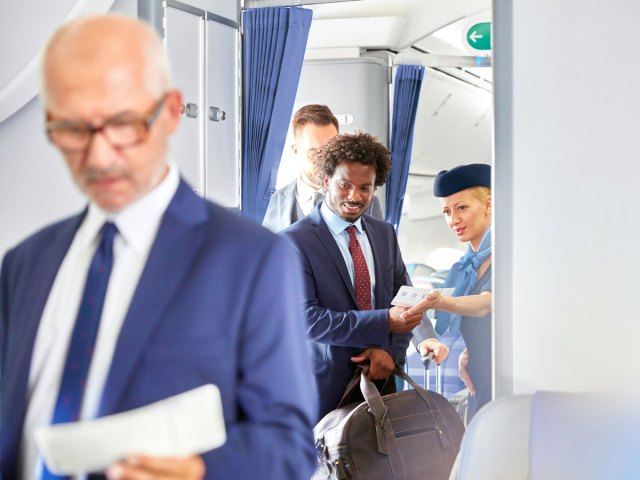
In most industries, as soon as you get to work, you’re on the clock. But that’s not usually the case for flight attendants, whose hourly pay technically starts as soon as the aircraft boarding door is closed. All that time doing safety checks and standing in the aisle greeting passengers with a smile and helping fit bags into overhead bins? It’s unpaid work.
Airlines argue that flight attendants technically are compensated for their time through a scheme known as guaranteed minimum pay, but flight attendants are, understandably, trying to change this long-standing practice through contract negotiations. Delta was the first to implement boarding pay in 2022 — still only at half of flight attendants’ regular hourly wages — and American followed suit in 2025.
Seat 1A Has Special Rules on Some Planes
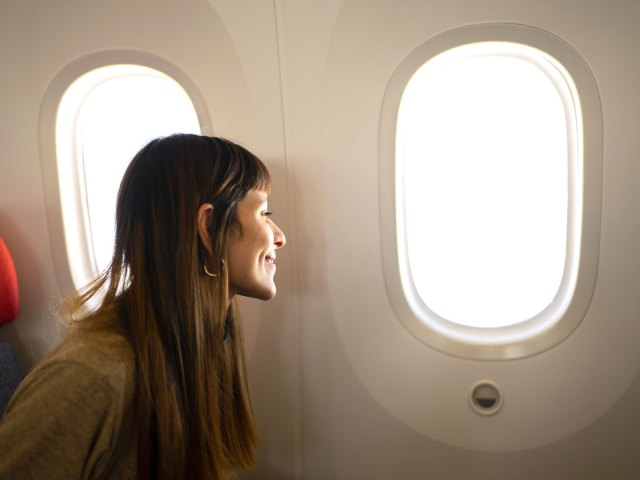
Ah, the airplane window shade. As with the issue of seat recline, the etiquette can get a little fuzzy when it comes to who gets final say on when you should (and shouldn’t) open your shade, which can sometimes lead to uncomfortable confrontations on board. But if you’re lucky enough to be ticketed up front in seat 1A, there’s no debate, at least during takeoff and landing. Because some smaller regional jets do not have the portholes typically found in boarding doors on larger planes, airline regulations require that the passenger seated in 1A keep the window shade up during critical phases of flight, allowing the crew to see out the window if necessary.
It’s Against the Rules To Skip Your Last Leg
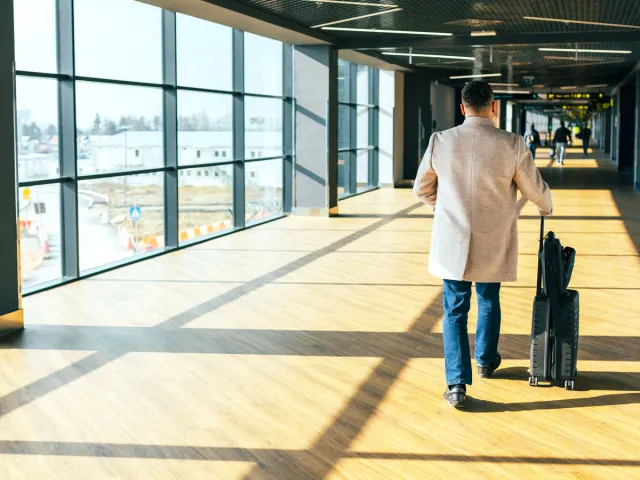
Generally, people like to fly nonstop and prefer not to have a layover. But some crafty travelers intentionally book a connecting flight with no intention of ever stepping foot on the last leg. It’s a practice known as skiplagging or hidden city ticketing, and it’s used when it’s cheaper to book the connecting flight to a different destination than the direct flight to your intended destination.
Say you want to fly from Rome to Atlanta. Delta is the only carrier offering nonstop routes on that route, so it can charge a hefty premium. But if you book a flight from Rome to, say, New York with a connecting flight through Atlanta, your fare may be cheaper since there are several other airlines competing on that route. A skiplagger would simply get off the plane in Atlanta and leave the airport.
However, this practice violates pretty much every airline’s contract of carriage. If you skip any leg in your planned itinerary, the airline will most likely cancel the rest of your ticket as a no-show, potentially leaving you stranded if you’re in the middle of a trip. They also reserve the right to penalize you by revoking your frequent-flyer miles, so for most travelers it’s probably not worth the risk.
More from our network
Daily Passport is part of Inbox Studio, an email-first media company. *Indicates a third-party property.






